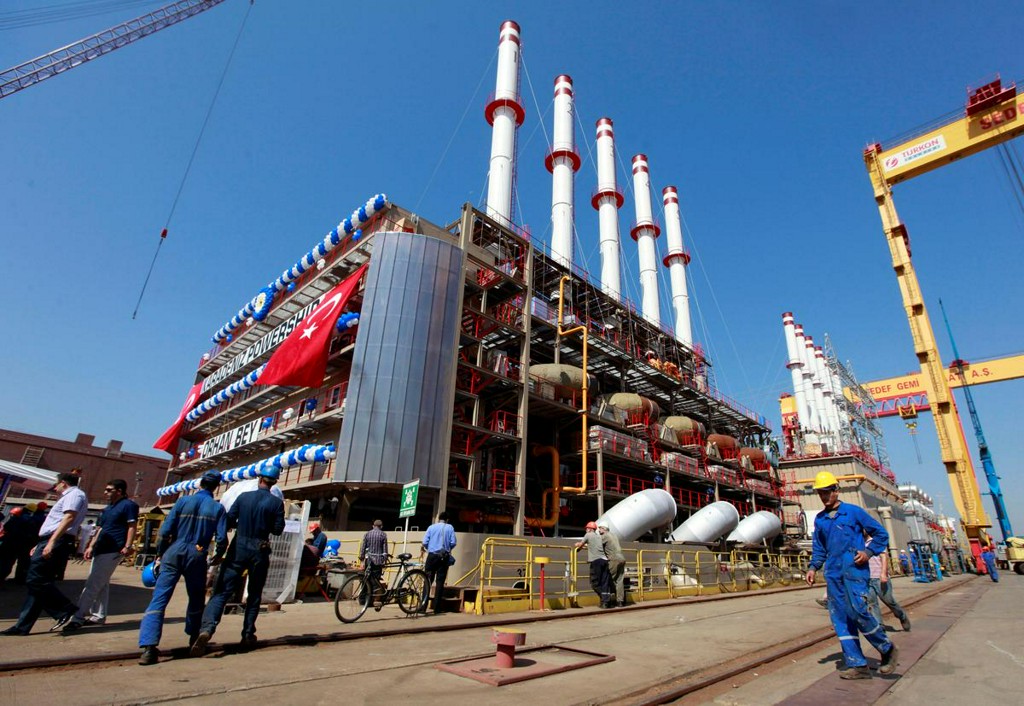
Turkish floating power plant firm aims to end blackouts in west Libya

A Turkish company that runs a fleet of floating power generators is sending a technical team to Libya to make a proposal to supply electricity to the west of the North African nation, an executive said.
Split between east and west by a conflict that erupted when Muammar Gaddafi was overthrown in 2011, residents of the oil and gas producing nation face hours of power cuts each day.
Karadeniz Holding plans to send its team to Libya within weeks and could start supplying power to western Libya within 30 days, Chief Commercial Officer Zeynep Harezi told Reuters.
The Turkish firm specialises in producing and selling electricity from ships anchored off the coast. It sells power to more than 10 countries that cannot meet power demand from their onshore plants, including Lebanon and several African nations.
The company’s plans follow a visit last month by ministers from Turkey, which supports the internationally recognised government based in Tripoli in western Libya, to discuss cooperation in energy, construction and banking.
The company, which operates 25 floating plants with combined output of 4,100 megawatts (MW), could supply power through the ports of Tripoli West, al-Khoms and Misrata, Harezi said, adding infrastructure would be assessed so a full proposal could be presented.
The Tripoli government aimed to buy power until local plants were back up and running, which could take six months, Harezi said, adding the company could supply power for longer.
Floating power plants plug into electricity grids after berthing. The company says plants could use Libyan-produced diesel or natural gas, delivering 1,000 megawatts (MW) per hour, ending power cuts in areas supplied via the ports.






